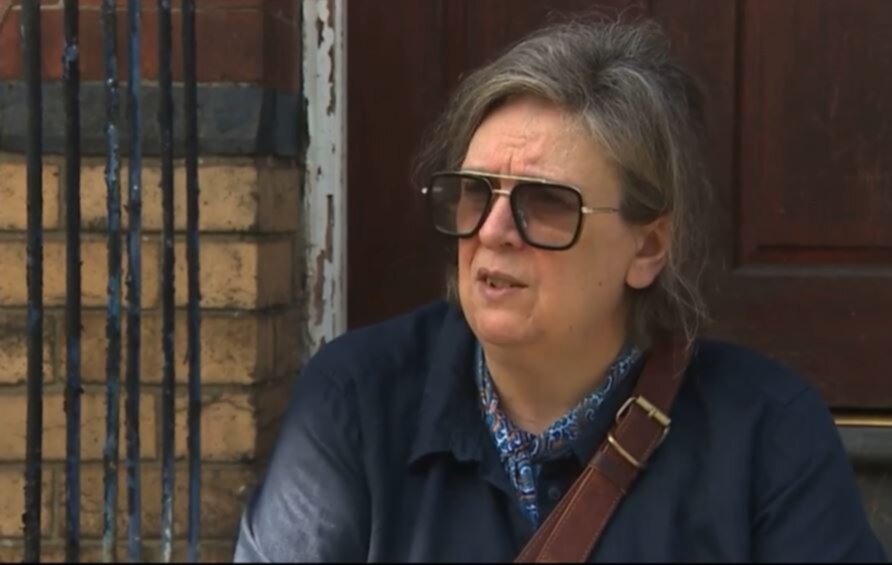When Things don’t go to Plan
The first thing to recognise is the difference between a lapse and relapse.
A lapse is where things go wrong for just a short period of time – it may be a night out where you drink more than you wanted to, or a holiday where you end up drinking more than you’d planned.
A relapse is where things go wrong for a longer period of time, and you go back to how things were before.
Both, either, or neither may happen. If they do, it’s not the end of the world. It is part of what can be seen as a learning curve. Learn from what went wrong so that you can get it right next time.
It may be that this will happen several times, where you make different mistakes or give in to triggers. The key is to learn what you can do differently next time.
The person who makes no mistakes, generally makes nothing at all.
Dealing with a Lapse
If you’ve had a lapse you’re going to give yourself a hard time about it. Instead of thinking about how bad it was, think about how much worse it could have been.
Focus on what you’ve achieved and what you’re going to do about it instead. You can’t change what’s been done, but you can change what you’re going to do.
Don’t let a lapse become a relapse. Imagine you are on a diet and you have a biscuit that you weren’t supposed to. Eating one biscuit is not so bad. It’s when you think ‘I’m back to square one, so I may as well eat the whole packet’ that things start to go badly wrong. Even then, you can turn it around – it just takes a bit longer.
Dealing with a Relapse
If you have a relapse it can be easy to think you’ve failed, that everything has been a waste of time and that you’re right back to where you started. But what you actually have is experience, you have something to learn from.
A bit like climbing up a mountain, the first time you do it, it’s all uncharted territory and you’re not sure what to expect; the second time, you’ve got a bit of an idea of what to expect – you know the track gets boggy and where you went wrong the last time.
There are proactive things we can do that reduce the chance of a relapse. This includes being aware of ‘warning flags’ – these are thoughts and behaviours that indicate we want to go back to drinking the way we did and are perhaps engineering situations to ‘allow’ or enable this to happen.
Euphoric Recall
This is where you start to remember the ‘good’ bits about your drinking habits while glossing over the bad bits. It’s a bit like watching a good trailor for a bad movie; your brain shows you all the best bits and leaves out the unhappy ending.
Seemingly Irrelevant Decisions – (SIDs)
These are decisions that may seem irrelevant, but which put you in a high risk situation. For example, it may be a nice day to walk home, but this takes you past the corner shop which has a good deal on alcohol; therefore it is important to change your route home so as not to put temptation in your way.
Justifications and Excuses
Just the one drink is OK because…(the sun is shining, the sun isn’t shining) – you’ll always be able to find a reason to have a drink! Have you found yourself…
- Changing your drink upwards so that you’re drinking stronger versions of your usual drink.
- Spending the day being preoccupied – thinking about how good your first drink is going to be when you get home.
- Using a drink to ‘deal with’ hard situations.
- Spending time with people who won’t give you ‘a hard time’ for drinking too much, or who may even encourage you to drink.
If you have had a relapse, make the most of the information you gained from it. What were you doing/thinking that made it possible to happen? What could you do differently?
Saboteurs
There may be some people in your life who are jealous of your progress. Your success may make them feel inadequate or bad about themselves. They may deliberately (although possibly sub-consciously), want to make you fail so that they can feel better about themselves.
If you think someone is trying to sabotage your efforts or urge you to drink, then you may wish to encourage them to change their behaviour; or you may wish to reduce the level of contact you have with them and how much you allow them to be in your life.
Remember: a saboteur won’t be there to support you in a positive way if your life goes wrong due to drink. They won’t pay the bills; give you a job, a home, a relationship or any other meaningful activities.
It can be very difficult for family members to see you lapse or relapse – particularly if they’ve invested time and effort into helping you achieve your goals.
It can be hard for them to process their feelings because they feel powerless. Ultimately, there’s nothing they can do to stop you returning to unhealthy drinking if you are determined to.
Remind yourself that the reason they are upset, or even angry, with you is because they love you and worry about you. Be patient with them while you get back on track and you will continue to have their support.
If you’re struggling or relapsing, don’t be deceptive and try to hide it because this erodes the trust in a relationship.
There’s a good chance they already know. It’s surprising how we can think we’re fooling other people, when actually we’re cheating ourselves.
Be honest with yourself about where you are at with your drinking.
Be honest with your loved ones too. Ask for their support.
If you find you are really struggling to keep your drinking under control for any length of time, then it may be worth thinking about the different options you have.
A residential stay can be a great opportunity to get some respite from a chaotic lifestyle, break destructive routines, make positive changes and achieve sustained recovery.
Considering Abstinence?
It may be worth thinking about abstaining from alcohol altogether. If that seems like too big a leap, you may wish to commit to trying a period of six months and seeing how that feels.

"It was a slippery slope. Before I knew it I was relying on alcohol to feel I belonged – to be outgoing, funny, one of the lads – it just got worse from there."
Champion Boxer Russell was getting hurt fighting for money just to fund his addiction - but now he's turned his life around and is helping others to do the same.
Read more
"I’ll miss booze but I know I can never go back now. I’d tell anyone struggling with alcohol use to focus on the great things in their life."
Kathleen from Newport had always enjoyed a drink, but lockdown led her down a slippery slope that saw her hospitalised and unable to walk. Now four months free from alcohol, Kathleen looks back on an incredibly challenging year.
Read more
"We were gigging two or three nights a week, so you were up all night three or four times every week. We partied way, way too much."
With Kaleidoscope’s services in Wales receiving just 30% of new alcohol referrals compared with the same time last year, Tim lends his voice to our Time to Brew campaign, to let people know we’re still here despite lockdown.
Read moreWant to find alcohol support in your area?
Find a service



